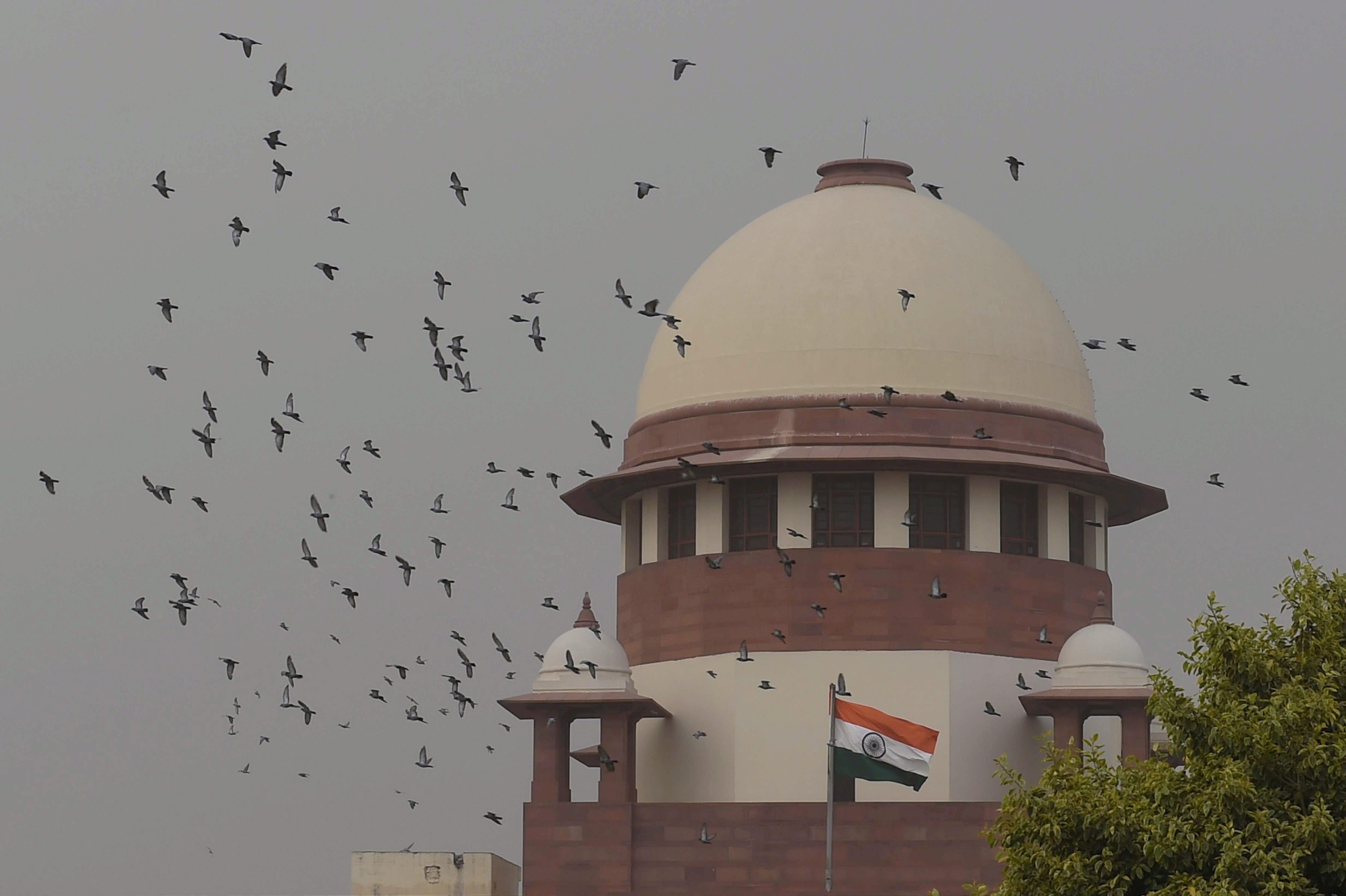India to see $67bn investments in gas sector in 5-6 yrs: PM
Modi says reforms by his government are leading to a rise in domestic natural gas production as part of the wider aim to increase the share of the fuel in the energy basket to 15 per cent by 2030 from current 6.3%
PTI
-
PM Narendra Modi felicitates a child during 'Viksit Bharat, Viksit Goa 2047' programme, on Tuesday. PHOTO: PTI
Betul (Goa), 6 Feb
Prime Minister Narendra Modi on Tuesday said India will
witness a USD 67 billion investment in the natural gas supply chain in 5-6
years as part of "unprecedented" investments flowing into the energy
sector to meet the needs of the world's fastest growing major economy.
Speaking at the second edition of the India Energy Week
here, he said reforms by his government are leading to a rise in domestic
natural gas production as part of the wider aim to increase the share of the
fuel in the energy basket to 15 per cent by 2030 from current 6.3 per cent.
Natural gas is seen as a transition fuel in India's march
towards net zero carbon emission by 2070. Gas, which is used to generate
electricity, make fertiliser or turn into CNG for running automobiles as well
as for cooking, is considered less polluting fuel than other fossil fuels such
as coal.
Modi said India's world-beating economic growth rate is
fuelling a surge in energy needs. "India is the world's third largest
energy, oil and LPG consumer. It is the fourth largest LNG importer and refiner
as well as the fourth largest automobile market," he said, adding the
nation's energy demand is estimated to double by 2045.
Noting that India Energy Week 2024 is taking place at a time
when India's GDP growth rate crossed 7.5 per cent in the first six months of
the financial year, Modi said that the pace of growth is higher than the global
growth estimate making India the fastest growing economy in the world.
He also mentioned about the International Monetary Fund's
prediction of similar growth trends in the future. "Economic experts
around the world believe that India will soon become the third largest economy
in the world," Modi said. He called on global investors to seize the
opportunity to invest in the world's fastest growing energy market. "Together,
we can build a future that is prosperous and environmentally sustainable,"
he said.
The prime minister also held a roundtable with global oil
and gas CEOs and experts, but details were not immediately available. Elaborating
on his government's plan to meet the growing demand, he said the effort is to
ensure affordable fuel is available to all on a sustainable basis.
The prime minister said that despite adverse global factors,
India is among the few nations where petrol prices have come down and 100 per
cent electricity coverage was achieved by electrifying crores of houses in the
last two years. "India is not just meeting its needs but is also shaping
the global direction," he said.
The energy needs are to be met through a combination of
conventional fuels and renewable sources such as biofuels and next-generation
fuels such as hydrogen. India, he said, is witnessing "unprecedented
investments in the energy sector".
The record Rs 11.11 lakh crore of investment outlined in the
interim budget for 2024-25 last week will see a big part going into energy, he
said. "This amount will create assets in railways, roadways, waterways,
airways or housing which will need energy leading to India's efforts to expand
its energy capacity," he said.
Modi said domestic natural gas production has risen due to
reforms in the last few years and the country is making efforts to take the
percentage of gas in the primary energy mix from 6.3 per cent to 15 per cent.
"This will see an investment of about USD 67 billion in the next 5-6
years."
Highlighting the circular economy and concept of reuse being
a part of India's ancient traditions, the prime minister said ethanol blending
in petrol has been raised to 12 per cent from 1.5 per cent in 2014 and a global
alliance on biofuels formed with about 22 nations and 12 international
organizations to encourage the use of biofuels in the world, creating economic
opportunities worth USD 500 billion.
Ethanol blending has led to a reduction in carbon emissions
by about 42 million tonnes, he said, adding as many as 9,000 petrol pumps in
the country are today selling E20 or petrol doped with 20 per cent ethanol
extracted from sugarcane or grains. Also, the government is working on setting
up 5,000 plants to produce compressed biogas from agri and municipal wastes.
Addressing global environmental concerns, he remarked,
"despite being home to 17 per cent of the world's population, India's
carbon emission share is only 4 per cent." "We are committed to
further improving our energy mix by focusing on the development of
environmentally sensitive energy sources," he said.
The prime minister said India ranks fourth in the world in
renewable energy installed capacity, which now makes up for as much as 40 per
cent of the nation's installed capacity. "In the past decade, India's
solar energy installed capacity has grown by more than 20 times."
Prime minister Modi noted that the launch of a major
mission, aimed at installing solar rooftop panels in one crore homes across
India, will not only make one crore families self-reliant in the energy sector
but also establish mechanisms to deliver excess electricity generated directly
to the grid.
Touching upon India's stride in the green hydrogen sector,
he said the National Green Hydrogen Mission will pave the way for India
becoming a centre of hydrogen production and export. He expressed confidence
that India's green energy sector can make both investors and industries a
sure-shot winner.
India Energy Week 2024 is being held from February 6 to 9 in
Goa, and is India's largest and all-encompassing energy exhibition and
conference, bringing together the entire energy value chain.
Leave a Reply
Your email address will not be published. Required fields are marked *








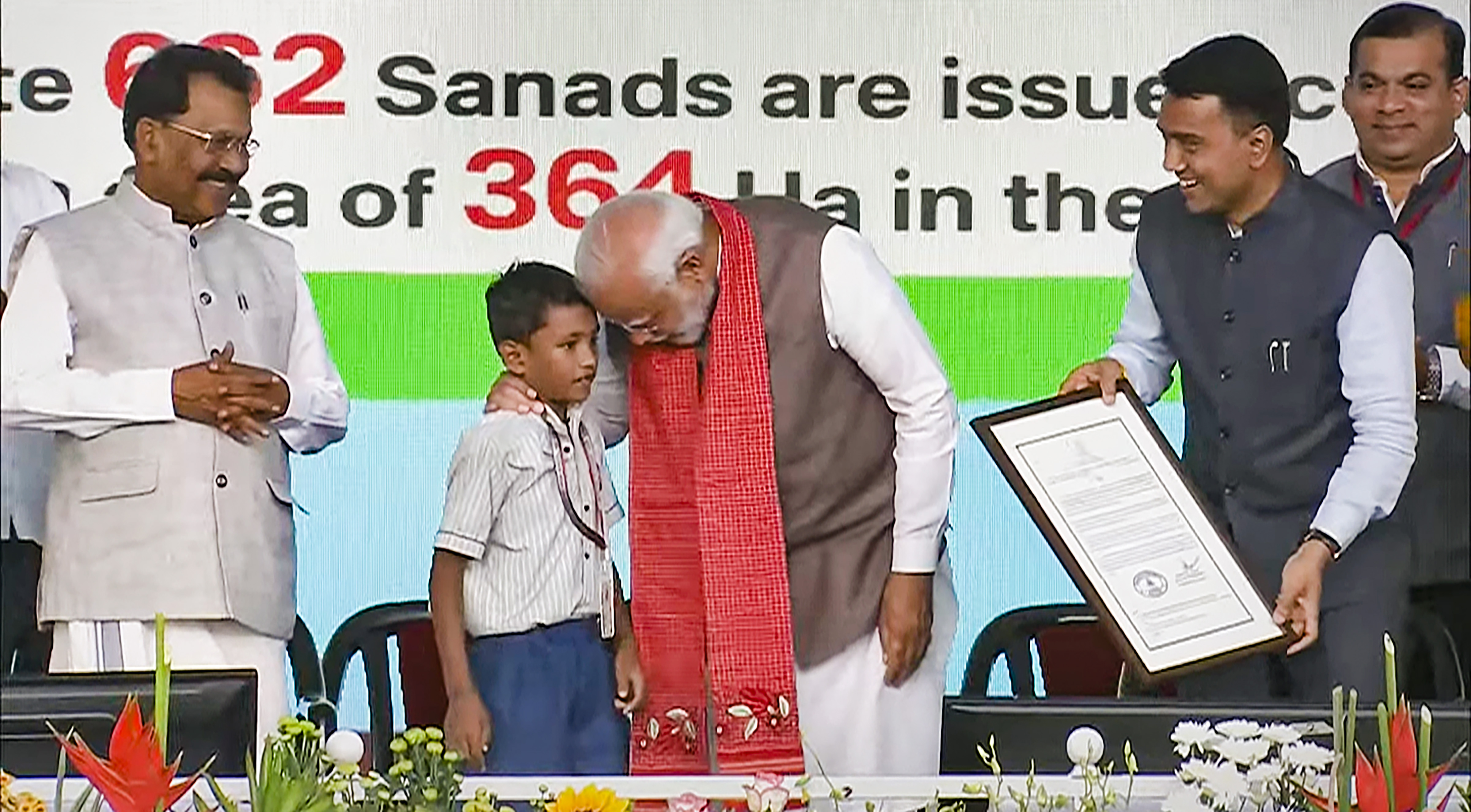

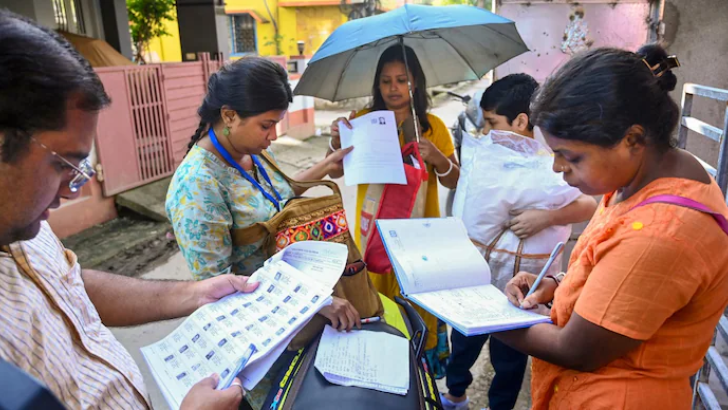

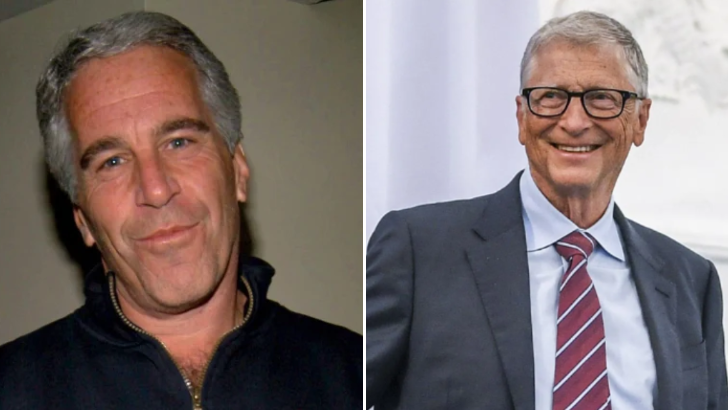

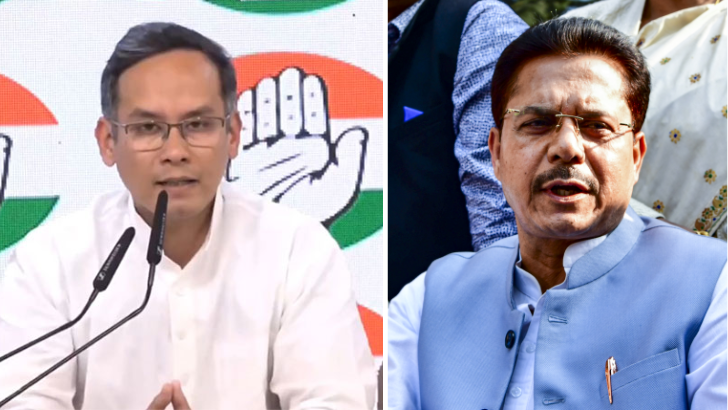

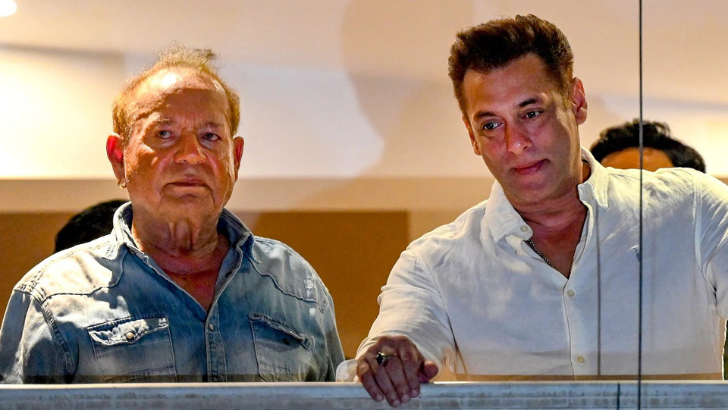

.png)
